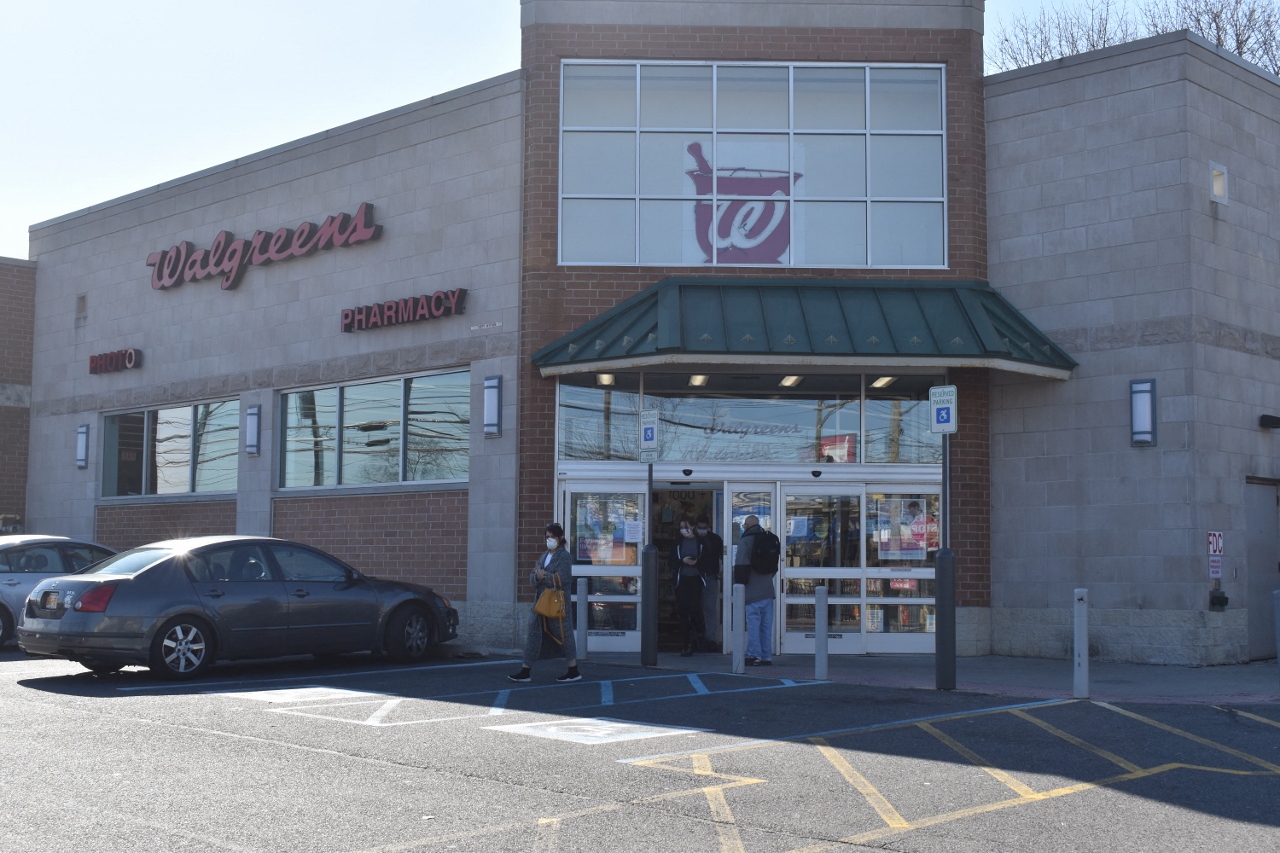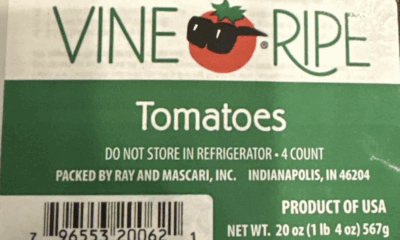Walgreens has agreed to pay at least $300 million to settle allegations it knowingly filled millions of unlawful opioid prescriptions between 2012 and 2023, the U.S. Department of Justice said Monday.
The Justice Department, the Drug Enforcement Administration (DEA) and the Department of Health and Human Services Office of the Inspector General (HHS-OIG) on Monday announced a $300 million settlement with Walgreens Boots Alliance, Walgreen Co., and various subsidiaries, described in court documents collectively as Walgreens. The company will owe an additional $50 million if it is sold, merged or transferred before fiscal year 2032.
“Pharmacies have a legal responsibility to prescribe controlled substances in a safe and professional manner, not dispense dangerous drugs just for profit,” Attorney General Pamela Bondi said in a statement. “This Department of Justice is committed to ending the opioid crisis and holding bad actors accountable for their failure to protect patients from addiction.”
According to the government’s complaint, between August 2012 and March 2023, Walgreens filled millions of unlawful opioid prescriptions, including prescriptions for excessive quantities of opioids, opioid prescriptions filled significantly early, and prescriptions for the especially dangerous and abused combination of three drugs known as a “trinity.”
The government alleged Walgreens pressured pharmacists to fill prescriptions quickly without taking the time for due diligence to confirm the prescriptions were lawful. Pharmacists allegedly filled prescriptions despite “red flags” indicating they lacked legitimate medical purpose or were not issued through the usual course of professional medical practice.
Walgreens compliance officials allegedly ignored evidence that its pharmacies were filling unlawful prescriptions, and allegedly “intentionally deprived” pharmacists of internal data about problematic prescribers, and prevented pharmacists from warning each other about problematic prescribers.
“This landmark civil settlement is the largest Controlled Substances Act resolution in our districts history and once again confirms the high priority our office has placed upon confronting those responsible for the opioid crisis here,” said U.S. Attorney Gregory W. Kehoe for the Middle District of Florida. “We are grateful for the energy and collaborative spirit brought to this effort by our colleagues in the DEA, the Department of Justice Civil Frauds Section and Consumer Protection Branch, and the United States Attorneys Offices for the Northern District of Illinois, District of Maryland, Eastern District of New York, and Eastern District of Virginia.”
In addition to the monetary settlement, Walgreens entered into an agreement with the DEA to maintain compliance measures related to dispensing controlled substances for the next seven years. Walgreens must require pharmacists to confirm the validity of controlled substance prescriptions, provide annual training for pharmacists regarding their legal obligations, and ensure staffing levels that allow pharmacists to fulfill those obligations. Under a separate, five-year agreement with HHS-OIG, Walgreens is required to establish written compliance policies and provide periodic compliance reporting to the agency.
“Pharmacies that neglect their legal duties and their critical role in delivering safe and appropriate medications to enrollees of federal health care programs, and instead exploit these programs for market advantage, squander taxpayer dollars and put patient safety at risk,” said Acting Inspector General Juliet T. Hodgkins of HHS-OIG. “HHS-OIG and our law enforcement partners will use every tool in our arsenal to prevent these outcomes. This settlement and corporate integrity agreement reflect HHS-OIGs commitment to ensuring compliance, correcting failures in oversight, and protecting the foundation of federally-funded health care.”
The settlement resolves four separate cases brought under the whistleblower provisions of the False Claims Act, which authorizes whistleblowers to sue on behalf of the United States and receive a share of any recovery, and authorizes the United States to take over the lawsuits, which it did in these cases. The Justice Department said relators in these cases will receive a 17.25% share of the government’s recovery.
“This settlement resolves allegations that, for years, Walgreens failed to meet its obligations when dispensing dangerous opioids and other drugs,” said Deputy Assistant Attorney General Michael Granston of the Justice Departments Civil Division. “We will continue to hold accountable those entities and individuals whose actions contributed to the opioid crisis, whether through illegal prescribing, marketing, dispensing or distributing activities.”

 Celebrity News1 week ago
Celebrity News1 week ago
 Celebrity News5 days ago
Celebrity News5 days ago
 Celebrity News4 days ago
Celebrity News4 days ago
 Celebrity News6 days ago
Celebrity News6 days ago
 Celebrity News1 week ago
Celebrity News1 week ago
 Celebrity News5 days ago
Celebrity News5 days ago
 Celebrity News6 days ago
Celebrity News6 days ago
 Celebrity News6 days ago
Celebrity News6 days ago
 Celebrity News4 days ago
Celebrity News4 days ago
 Celebrity News1 week ago
Celebrity News1 week ago
 Celebrity News5 days ago
Celebrity News5 days ago
 Celebrity News5 days ago
Celebrity News5 days ago












